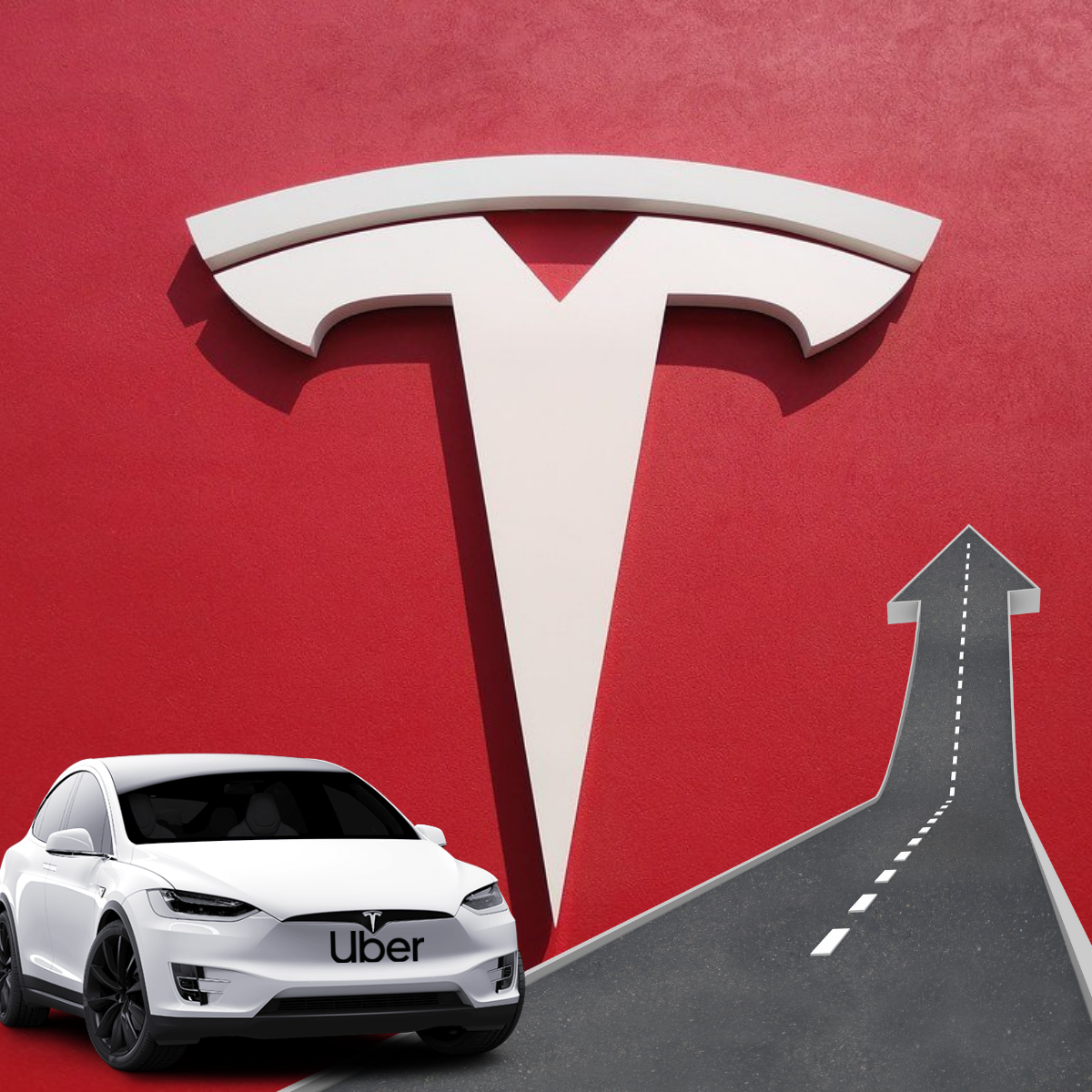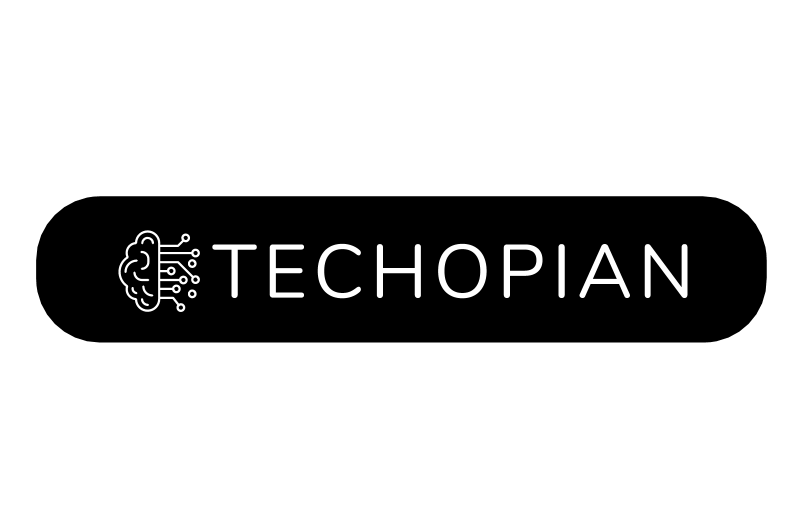Elon Musk is in the news yet again, this time over his share options, but then the whole issue of taxing billionaires is complex and if you believe in a shareholding democracy, there is a benefit.
So, Elon Musk takes to Twitter to ask his followers whether he should sell Tesla shares to pay tax? So far, 58 per cent of the 3.5 million replies have said 'sell'.
Ron Wyden, the US Democrat Senator from Oregon, replied (on Twitter), “Whether or not the world’s wealthiest man pays any taxes at all shouldn’t depend on the results of a Twitter poll. It’s time for the Billionaires Income Tax.”
Elon Musk’s thoughtful and highly articulate, let alone grammatically correct, response was, “Why does ur pp look like u just came?”
Ha, ha, funny joke, Elon, excuse us while we stop the guffaws of laughter and try and be serious.
The truth is there is a lot of nuance in this story.

Share options billionaires and tax
Famously, Musk is paid in shares. However, he does have a modest salary which he chooses not to take. So how does he survive? He borrows from banks using his share options (and shares he already owns) as security.
According to an article published 18 months ago, he has —or had back then — US$548 million in personal loans from Morgan Stanley, Goldman Sachs and Bank of America.
He also has share options, quite a few of them. Most of the options involve a price of around $7.00, which is what Musk must pay for the shares. The current Tesla share price is $1,222, so he buys at circa $7 —also called the strike price — and sells at whatever shares are trading at on the day he sells.
In August next year, a percentage of Musk's options will begin 'expiring', and at that point, some of his backers want their money back. So it seems that in any case, Musk would have to sell shares between now and next August to fund his debts and exercise some of his options. Tax on this sale would have become payable at the end of the tax year.
Since the Tesla share price is currently at (or very close to) an all-time high, valued at $1.22 trillion, now might be as good a time as any to sell shares; but this creates the risk of a market panic. If Musk sells shares, the markets ask why and might sell their own Tesla shares en-masse.
Instead, then, Musk turns it all into a high profile game. By Tweeting his question to his followers about whether he should sell shares, he is effectively saying to Tesla shareholders, “no reason to panic, I am just following the wishes of my followers.” More to the point, he has broadcast his reasons for selling Tesla shares to such a broad audience that markets will not be caught by surprise if he starts selling.
It’s a clever way of trying to avoid a panic.

Other billionaire' shares and their taxes
Not all paper billionaires have a big part of their wealth in share options. Instead, they own their shares. (Musk also owns shares in Tesla, but he is quite unusual because of the scale of his options.)
Take someone like Jeff Bezos, who owned shares in Amazon right from day one.
If he sells those shares, he pays capital gains tax, but there is no tax payable as long as he keeps them.
He then has the option to use his shares as collateral to borrow money. And you don’t pay tax on borrowings.
In this way, company founders can tap into their vast pool of wealth without selling shares, minimising their tax bill.
It is this that some US Democrats, such as Ron Wyden, want to change.
In any case, whether billionaires can maintain borrowing against their shares indefinitely is a moot point. It is also a pretty risky strategy because share prices can crash, which may ultimately mean some billionaires find they owe more than they own.
The nuance on billionaire taxation
There is also a further nuance.
Digital technology tends to create natural monopolies.
If you are a fan of capitalism, you probably believe in the idea of creating a shareholder democracy. This shareholder democracy can either be created directly through individual ownership of shares or indirectly via pension schemes.
If billionaire founders are forced to sell shares, then those shares are more likely to fall into the hands of smaller investors and pension funds.
However, if billionaires are forced to sell shares to pay taxes, we are likely to see a fall in share prices. This would be good news for a shareholding democracy because it would break the stranglehold that billionaires and the rest of the super-rich class have on capital.
But if shares fall too much; investment will stall, and the economy might ultimately fall into an economic depression
The ideal world is one in which billionaires are forced to sell shares to pay taxes, but only such that their selling removes froth from the stock market; and creates more realistic valuations in the future, but doesn’t create a full-blown crash.






Related News
The tyranny of rightwing snowflakes and far-right wokism
Mar 14, 2023
Unconscious bias 1930s Germany and the BBC
Mar 14, 2023
Microsoft CEO says AI can reduce inequality
Jan 24, 2023